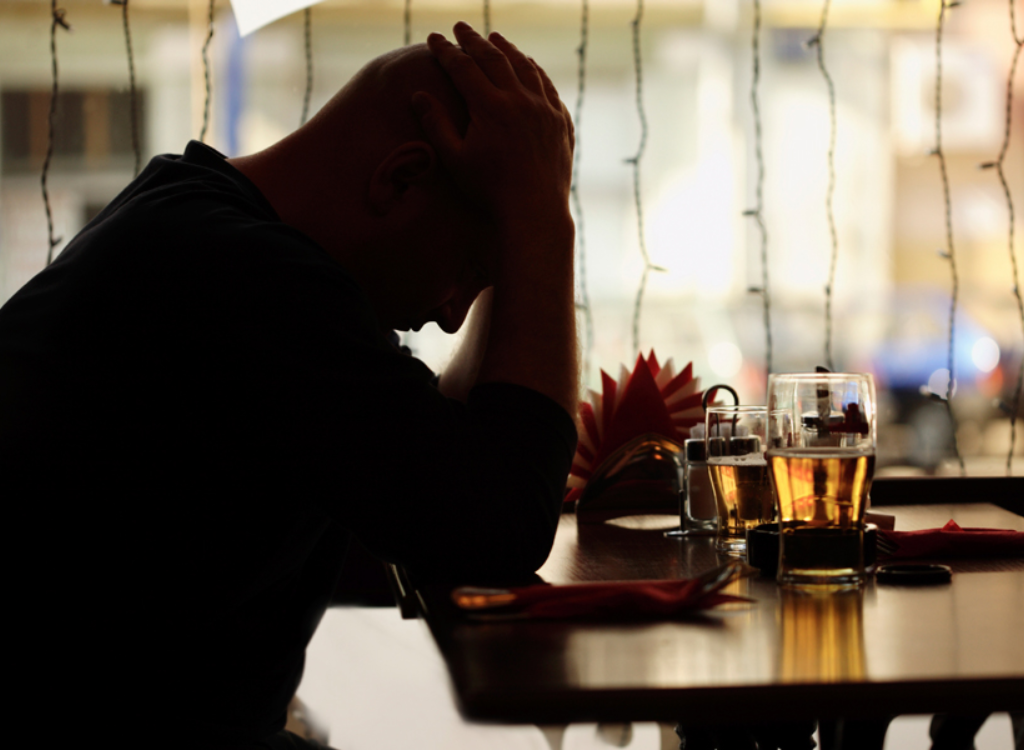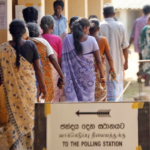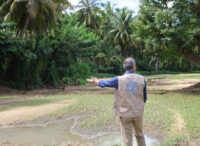The number of men who die by suicide after consuming alcohol, particularly through hanging, has seen a sharp rise in Sri Lanka, according to Dr. Sajeewana Amarasinghe, President of the Sri Lanka College of Psychiatrists.
Dr. Amarasinghe explained the disturbing trend at a workshop held to educate journalists on “Responsible Reporting on Suicides” at the Foundation Institute on Wednesday (05).
The workshop, conducted by the Mental Health Directorate of the Ministry of Health with support from the Ministry of Mass Media, shed light on the growing suicide crisis in the country.
Dr. Amarasinghe emphasized that Sri Lanka remains in the second stage, or intermediate stage, when it comes to suicide rates worldwide.
He highlighted that globally, around 700,000 suicides occur annually, with a significant proportion of these deaths taking place among youth, particularly those aged 15 to 19.
He further noted that suicides have also become more prevalent internationally among healthcare professionals, including veterinarians, doctors, nurses, and pharmacists.
This points to a broader societal issue where mental health concerns within professions are increasingly affecting individuals in high-pressure environments.
In Sri Lanka, approximately 14 people die by suicide per 100,000 people, with 1,909 deaths by hanging recorded in 2020 alone.
Dr. Amarasinghe revealed that many of these individuals were impulsive in their actions, resorting to methods such as taking paracetamol tablets in an attempt to end their lives.
He also pointed out that suicides among men have tripled in recent years, while the elderly population has also seen a troubling rise in suicide rates.
Interestingly, suicides among married individuals have decreased, but those living alone have been more susceptible to taking their own lives.
A significant factor driving this increase in suicides, according to Dr. Amarasinghe, is economic instability.
Many individuals are pushed to the brink due to the loss of income, and public shaming, often exacerbated by media coverage of people in remand or facing legal consequences, also plays a role in these tragic outcomes.
The expert stressed the importance of responsible media reporting on suicides, calling for a shift in how the press addresses such sensitive topics to avoid sensationalism and stigmatization.
The workshop was a crucial step toward educating journalists and raising awareness about the mental health implications of how suicides are reported in the media.











Leave a comment